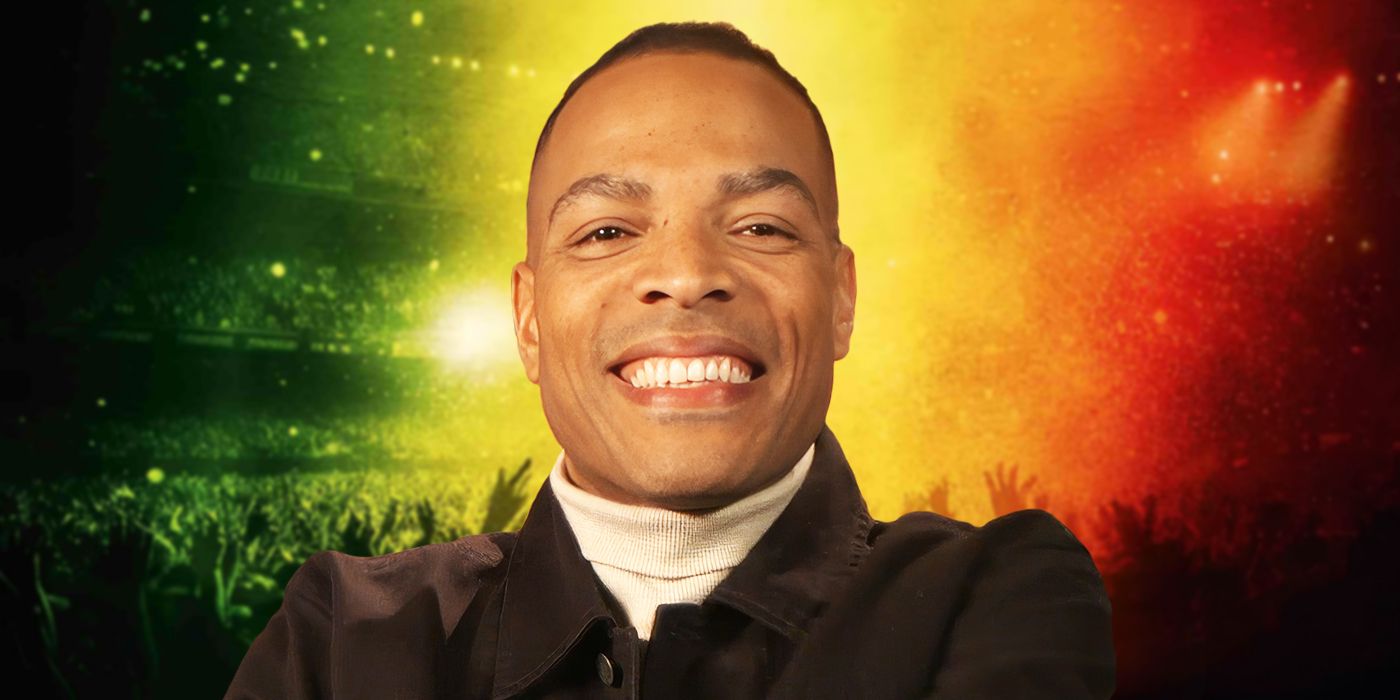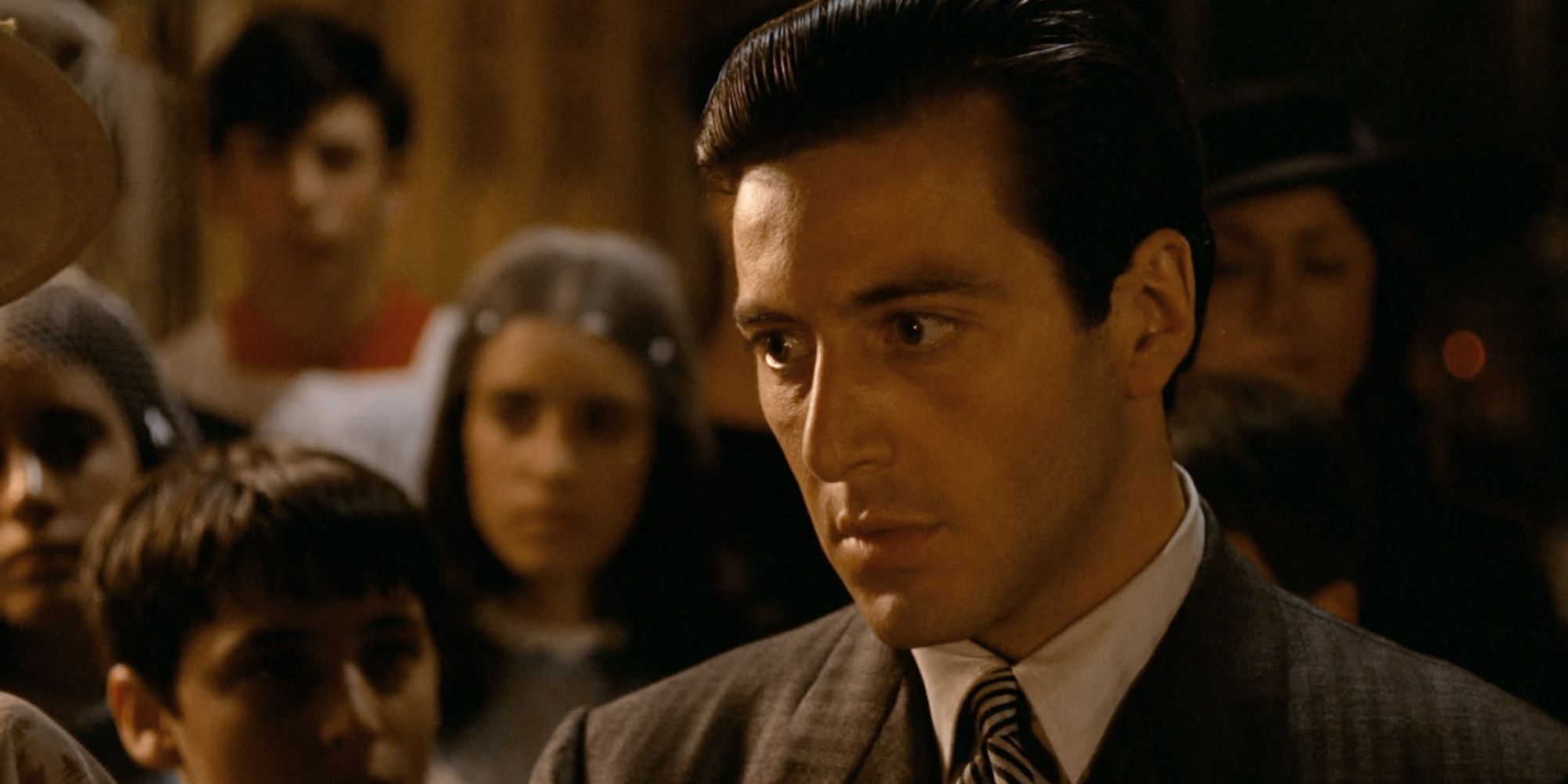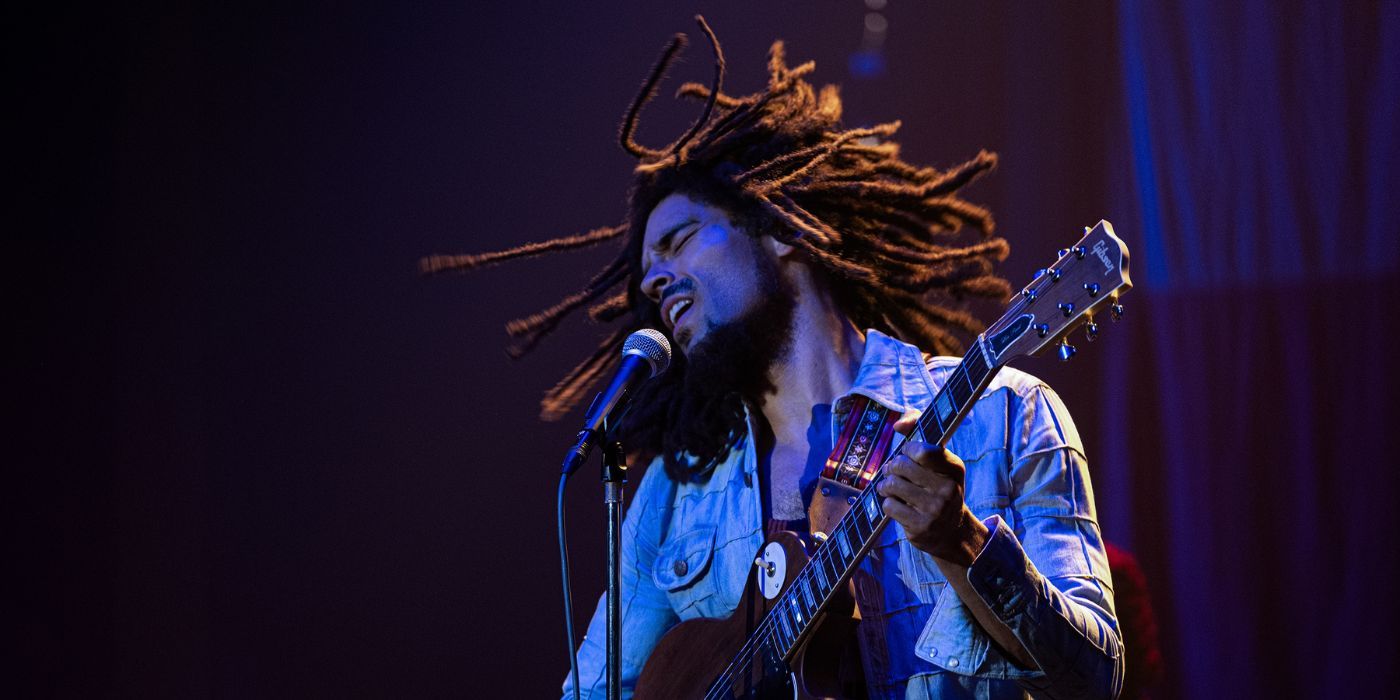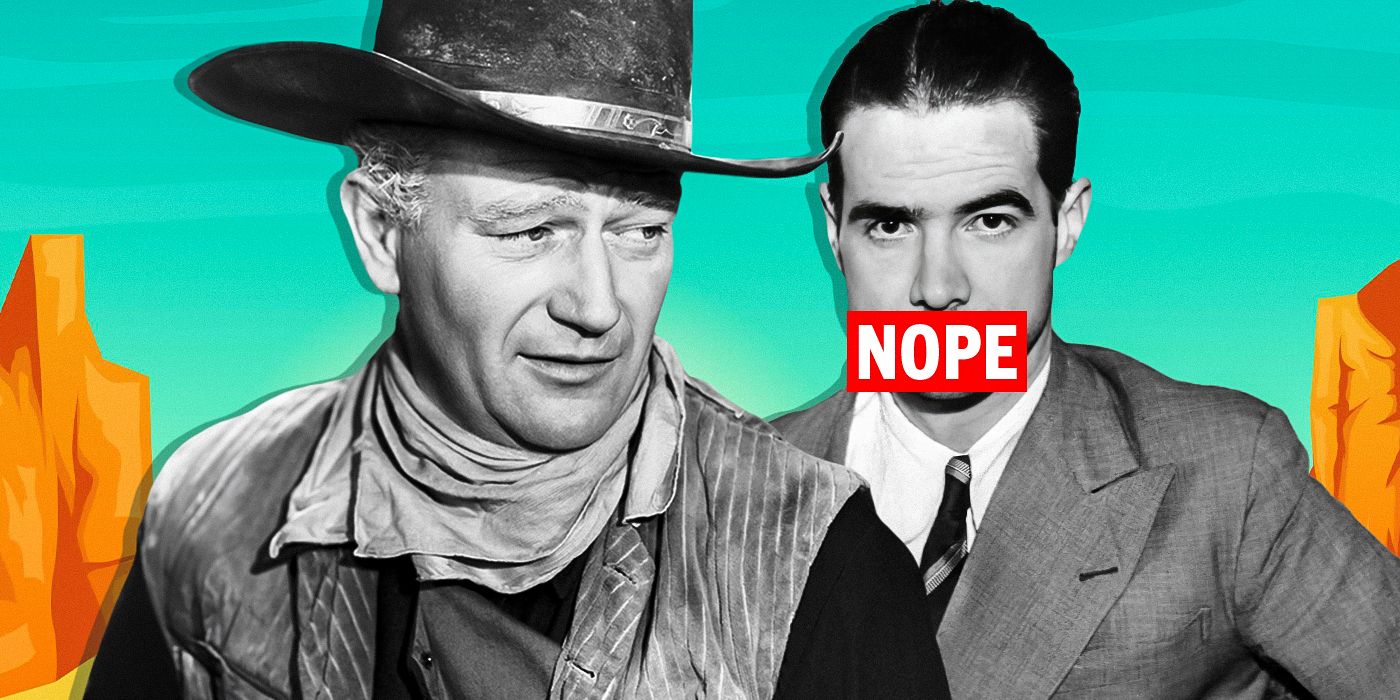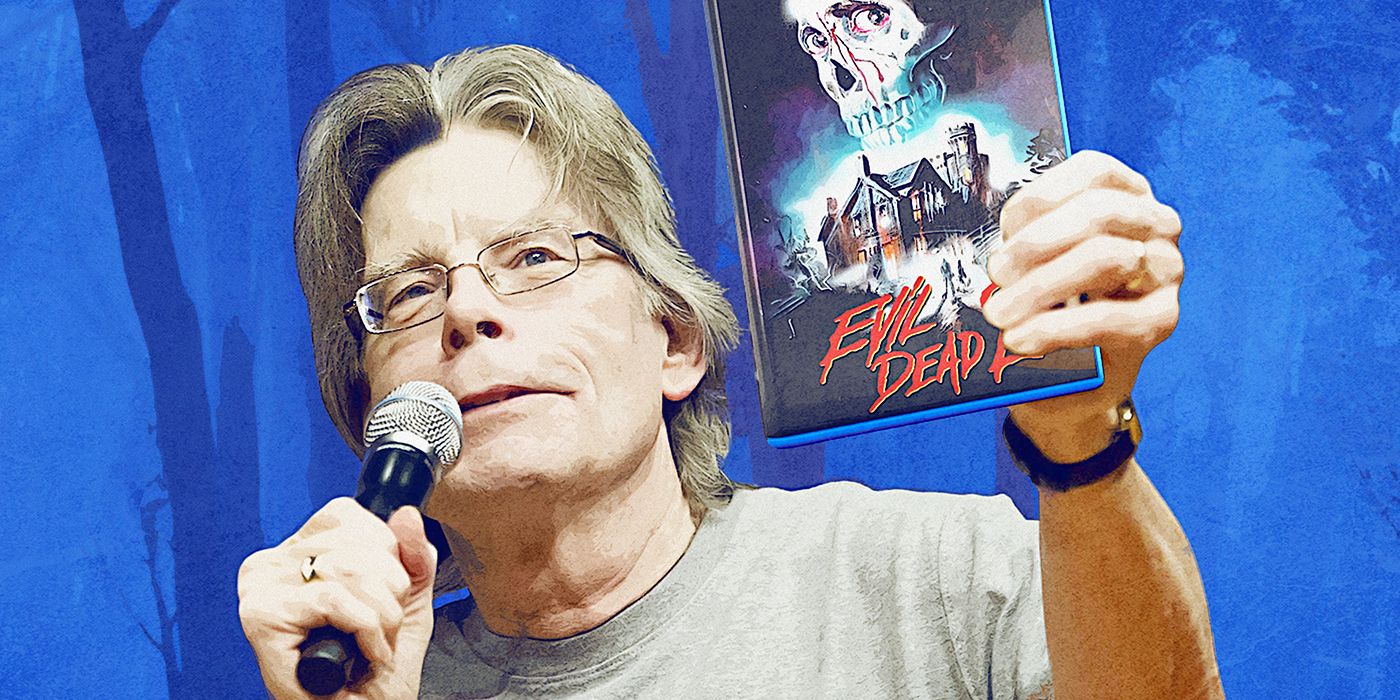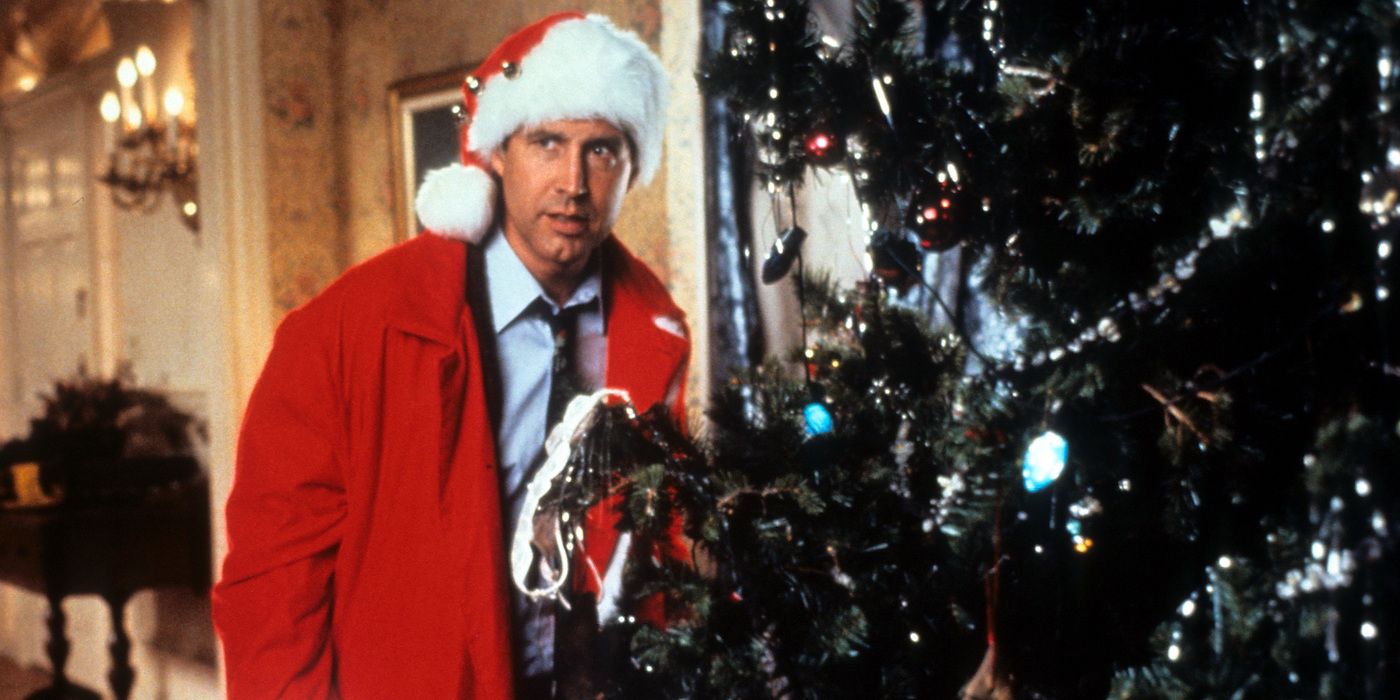The Big Picture
- This is the first time a biopic has been made about Bob Marley, and it feels long overdue.
- The movie focuses on a specific period in Marley’s life, from the assassination attempt to the making of the album Exodus.
- The family wasn’t ready for a Bob Marley movie until now, and the director is happy to be the first to bring this story to the big screen.
For the first time ever, a special piece of Bob Marley‘s story is being shared with the world in a way that reintroduces the reggae pioneer on the big screen. In Reinaldo Marcus Green‘s (King Richard) biopic, Bob Marley: One Love, the filmmaker shares the period of time from the assassination attempt on his life to the making of what Time magazine named the 20th Century’s most important album, Exodus.
Starring Kingsley Ben-Adir as the Jamaican singer-songwriter, One Love marks the first time for Marley to get the biopic treatment. Considering how popular biographical films are, it feels long overdue. However, according to Green, there’s a reason this is the first time we’re seeing Marley’s life examined in this way.
With Bob Marley: One Love in theaters now, Collider’s Steve Weintraub sat down with the co-writer and director to discuss why now, and why the movie focuses on this particular time in Marley’s life. Green talks about how The Godfather Part II inspired this narrative structure, which aspects of Marley’s life he wanted to include, why the music was the final element in the process, which major event was the most challenging to film, and why this movie never would have happened with Kingsley Ben-Adir.
You can watch the video above, or read the full interview transcript below.
Bob Marley: One Love
A look at the life of legendary reggae musician Bob Marley.
- Release Date
- February 14, 2024
- Main Genre
- Drama
COLLIDER: Let me start by saying, congratulations on your movie. There’s gonna be a lot of people, especially younger generations, that have never heard any music by Bob Marley. If someone’s never heard any Bob Marley music, what’s the first song or two they need to push play on?
REINALDO MARCUS GREEN: I mean, “Get up, Stand Up,” and “I Shot the Sheriff.” Those are probably the two I remember as a kid.
How happy are you that no one had figured out how to make a Bob Marley movie until now?
GREEN: [Laughs] I’m pretty happy, man. I like to be first, so I’ll take it.
But I’m being serious, I’ve been wondering this for, like, two decades. How has there not been a Bob Marley movie until now?
GREEN: I just don’t think the family was ready. The family wasn’t ready for whatever reason, so the universe was on my side on this one.
How ‘The Godfather Part II’ Inspired ‘Bob Marley: One Love’
One of the things that I commend you on is a lot of biopics try to do too much, and what I really, really thought was so well done in this is that you picked a select moment in his life and really focused in on that. Can you talk about how you guys figured out what that was gonna be the period and was it ever gonna be something else?
GREEN: The first script was written by Terence Winter and, and Frank E. Flowers. There were different ins and outs, and I remember thinking, “Okay, there’s a lot that’s good here, but we need to crack it.” So I brought on Zach Baylin, who I worked with on King Richard, who I thought picked the perfect time in their life. I thought, “Okay, he can help me with this structure here and figure out what’s the right timeline for this film?” We started looking at other films that have done that, whether it was The Godfather Part II as a potential structure, and that felt like the right kind of film for us to think about. And yeah, we went on that process together of figuring out ‘76 and ‘77, ‘78. That just felt like we had the inciting incident when Bob gets shot, what happened to him personally and professionally at that time with him and his family, and then he doubles down. He goes to London and creates Exodus, arguably the greatest album of the 20th century, and then he comes home and returns to Jamaica. That just felt like there was an inherent structure there. So yeah, we settled on that. It felt like it was the right timeline for us in our film to capture the essence of Bob and who he was before he gets sick. That’s how we decided to settle on it.
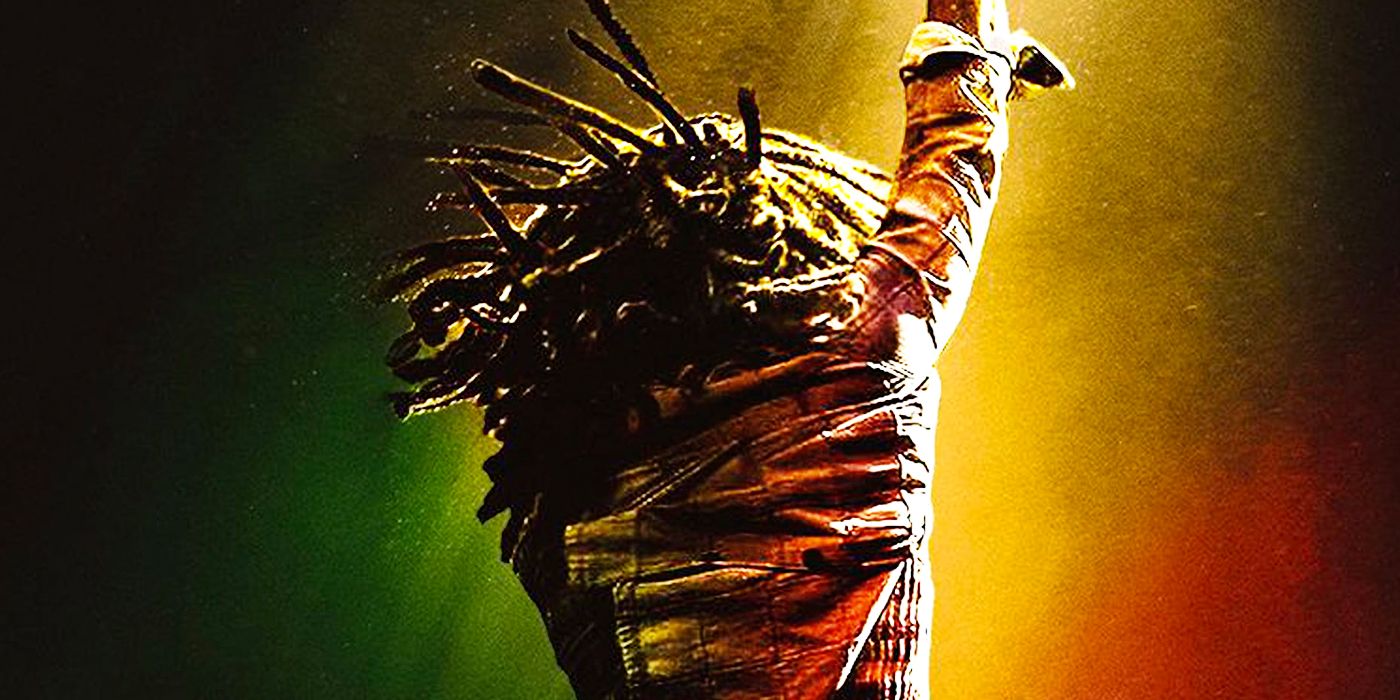
New ‘Bob Marley: One Love’ Trailer Explores Change Through Music
Kingsley Ben-Adir steps into the music legend’s shoes this February.
So I’m fascinated by the editing process because that’s ultimately where it all comes together. I think the movie is like an hour and 45 minutes, give or take. Did you have a way longer cut or was it always pretty tight, like under two hours?
GREEN: It was around two hours, maybe 2:05:00 at some point. I worked with my long-standing editor now, Pamela Martin, who’s incredible. Then we brought on an editor to support, Nick Huey, and the film came down about 15 minutes in the process. So yeah, it was not major league, but yeah, losing 15 minutes is a big chunk of time, which ended up happening probably in the later half of the edit. We were starting to realize that, “Okay, we need a tighter film.” It was a better film tighter, so we ended up there.
Do you remember what was the last thing you took out before you picture locked? I’m always fascinated. What was that last bit that didn’t make it?
GREEN: We were going back and forth between some shots at the beginning of the movie that didn’t end up making it, sort of B roll in Jamaica and things like that. So, yeah, there were a couple of shots that just didn’t end up making it that were too pretty and too vanity, so we took them out.
Music Was the Final Element Added to ‘Bob Marley: One Love’
This soundtrack is a cheat code. It’s so incredible, but he has so many great songs. Were there two or three songs that came close to being in it? How did you decide on which songs you really wanted the film to focus on?
GREEN: The songs were actually kind of the thing that came last in a lot of ways in the script, because it was really about the structure. What were the songs that he created during that time? What were the songs that we were going to sing on screen? And then obviously, if we had a moment to use an old song or put something else in then maybe we can use that. But yeah, I think just given the structure of the film when he created certain songs, it gave us an opportunity to kind of weave them in organically into those scenes. I think that the music kind of selected itself in a lot of ways. Once we chose the timeline of the film, we focused a lot, obviously, on Exodus and the songs on that album, but there are some other moments that we were able to sneak in, and some great songs in the process of making the film.
When you see the shooting schedule and you know what’s in front of you, what is the day you have circled in your brain like, “Oh, this is gonna be a really, really tough day?” And on the other side, what’s the day you couldn’t wait to shoot?
GREEN: Man, the Smile Jamaica Concert was a really tough day because a lot of the concert stuff, you know, we have backstage, we have front stage, and that’s where a lot of the scene work was happening. So obviously this big crowd, there’s stage performance, but then there’s the actual scene work. It’s when he gets off after having been shot and having to perform, what’s that like? And there’s just so much to do on those days. There’s so much crowd to set, so much background to set, visual effects, all the elements of filmmaking that really happen. So, those are really challenging days for sure. Also equally excited to shoot them.
I wanted to see Bob playing football. I loved shooting in the streets of Chinatown, so setting up those days were just a lot of fun, just clearing the pitch and just setting the tone, being in Jamaica, being on the streets of Trenchtown was a lot of fun for me, and I’m sure for a lot of the crew.
How Kingsley Ben-Adir Made ‘Bob Marley: One Love’ Happen
This movie doesn’t happen without the perfect Bob. How concerned were you during the pre-production of finding the person who’s actually gonna pull this off?
GREEN: Obviously I was very concerned, but in my heart I was like, “I’m either gonna find him or I’m not, so the movie is either gonna get made or it’s not.” It was more like, “I can’t make the movie without finding what I think is the perfect Bob to make the film.” It took over a year, and I was getting a little nervous that, “Maybe this isn’t going to be the movie. Maybe the universe isn’t on my side. I thought it was.” [Laughs] But the universe made me wait just a little bit, and thankfully we found Kinglsey Ben-Adir, who was incredible, and I’m so thankful for him.
Bob Marley: One Love is now in theaters.
Get Tickets

